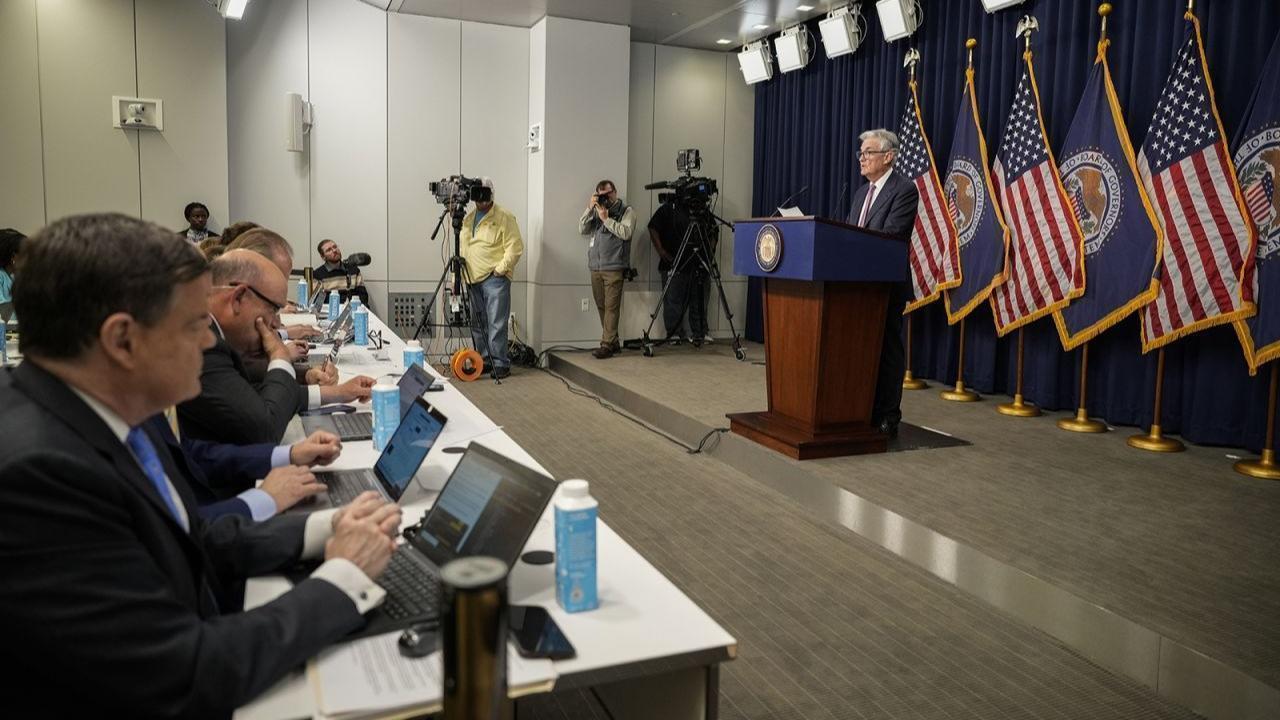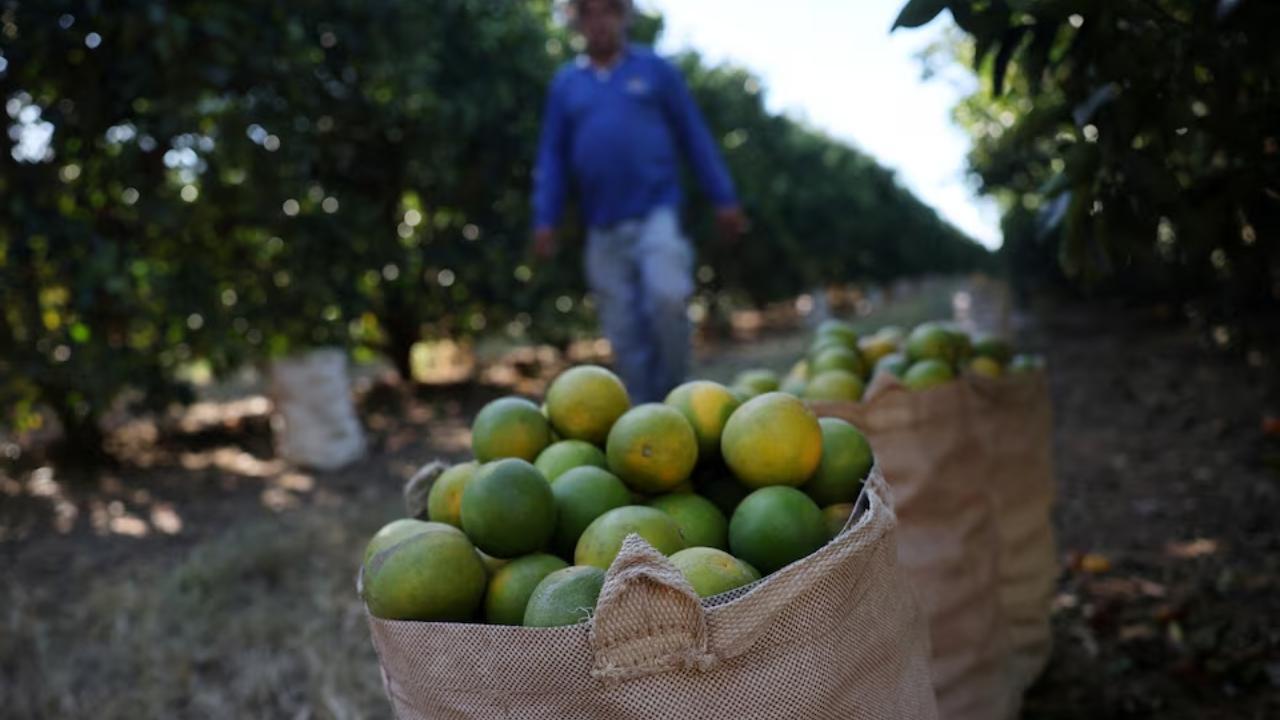
Post by : Monika
Photo: Reuters
A recent study by George Washington University used artificial intelligence (AI) to simulate a meeting of the Federal Open Market Committee (FOMC), the decision-making body of the Federal Reserve. The simulation aimed to understand how political pressure might influence the decisions of central bank officials.
The results revealed that even institutions designed to be independent, like the Federal Reserve, can be influenced by external pressures. The AI simulation showed divisions among policymakers when political pressure was introduced, raising important questions about the future use of AI in economic decision-making.
This study is significant because the Federal Reserve is responsible for making decisions that impact the entire US economy, including interest rates, inflation, and employment. Understanding how political pressure affects these decisions can help policymakers strengthen the institution’s independence.
The AI Simulation Process
The AI agents were designed to mimic the decision-making behavior of actual members of the FOMC. They were then exposed to real-time economic data, including inflation, unemployment rates, and GDP growth, along with simulated political pressure.
The AI simulation recreated the July 2025 FOMC meeting, during which the Federal Reserve was considering adjustments to interest rates in response to the state of the US economy. Researchers observed how AI agents behaved under different scenarios, including political scrutiny and pressure from government officials or public opinion.
Key Findings of the Study
The study highlighted several important insights:
Political pressure affects decision-making: When AI agents were exposed to simulated political pressure, they became more divided in their policy decisions. Some agents favored raising interest rates, while others preferred to keep them unchanged, reflecting a lack of consensus.
Independence is partially maintained: Even with external pressure, some AI agents made decisions based solely on economic data. This indicates that central banks maintain a degree of independence, but it is not absolute.
Decision-making fragmentation: Political pressure increased the variability in decisions, showing that policymakers can be influenced by outside scrutiny, even when they aim to act objectively.
Impact on policy outcomes: The simulation suggested that political influence could lead to slower decision-making or compromised policy choices, which may affect inflation, employment, and economic growth.
Kazinnik and Sinclair concluded that the Federal Reserve is “only partially insulated from politics,” meaning that outside forces can shape internal decision-making even in institutions with formal rules meant to protect their independence.
Real-World Implications
While central banks do not currently rely on AI to make actual policy decisions, the study shows that AI simulations can provide valuable insights. Central banks around the world are increasingly using AI to support their work:
These applications demonstrate that AI is becoming an important tool for central banks to process large volumes of data, make forecasts, and evaluate policy options. However, as the simulation shows, AI-driven tools are not immune to political pressures if the human decision-making framework is influenced externally.
The Role of Governance
The study emphasizes the need for strong governance frameworks when integrating AI into central bank operations. Proper governance ensures that AI outputs are accurate, unbiased, and free from undue influence.
The Bank for International Settlements noted that while central banks are adopting AI, many are still in the early stages of testing and implementation. Key steps for responsible AI adoption include:
Governance is essential because AI can amplify human biases if not properly managed. In central banking, even small biases in AI analysis could lead to policy decisions that affect millions of people.
Importance of Central Bank Independence
Central bank independence is critical to maintaining economic stability. Independent policymakers make decisions based on economic evidence, rather than political considerations.
The AI simulation highlights how even a highly independent institution like the Federal Reserve can be affected by political pressure, emphasizing the importance of safeguarding independence in policy decisions.
Challenges of Using AI in Central Banking
Expert Opinions
The AI simulation by George Washington University provides a unique perspective on how political pressure can influence even the most independent economic institutions. The study demonstrates that:
As AI continues to play a larger role in economic research and policy-making, central banks must carefully balance technology, governance, and independence. Lessons from this study may help ensure that monetary policy decisions remain focused on the economy and public interest, rather than political influence.
The Federal Reserve and other central banks around the world are likely to continue testing AI tools for analysis, forecasting, and communication. However, policymakers must remain vigilant about the potential for political influence, ensuring that AI enhances, rather than undermines, independent decision-making.
AI simulation










Is Political Violence in the US Increasing? Key Events Timeline
Explore the timeline of rising US political violence, key attacks, expert insights, and its impact o

Keto Diet and Mental Health: New Surprising Benefits Found
Discover how the keto diet reduces depression symptoms and enhances brain health. Learn about keto’s

China faces heavy losses from natural disasters in August
Natural disasters in China during August caused $2.8 billion in losses, affected over 10 million peo

Brazil to Propose New Forum for Climate and Trade Talks at COP30
Brazil plans to create a new international forum to discuss how climate policies impact trade, aimin

Brazil's Citrus Industry Hit Hard by Greening Disease
Nearly half of Brazil's citrus belt is affected by greening disease, leading to significant losses i

Sea Shepherd Removes Illegal Octopus Traps in Greece
Sea Shepherd volunteers in northern Greece have removed thousands of illegal octopus traps, rescuing